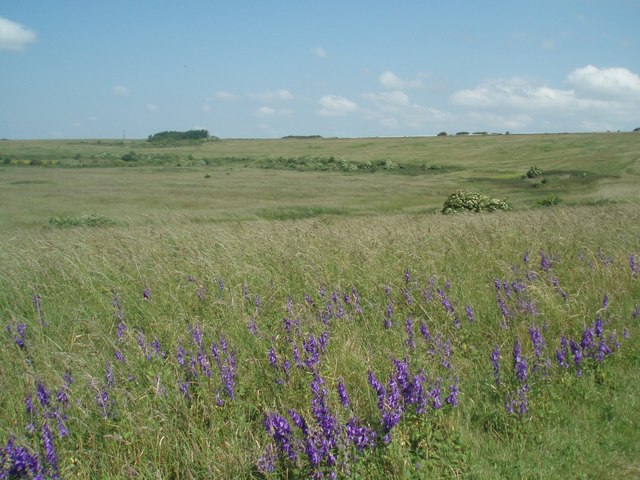The Commission’s proposals to require shallow, one-size-fits-all, green measures across the EU as a whole in return for a green payment in Pillar 1 have been widely criticised as overly prescriptive, yielding limited environmental benefits (‘greenwash’), administratively complicated for member states and unnecessarily costly in terms of the trade-off with food production.
I reviewed these criticisms in a recent note for the European Parliament’s COMAGRI (link to appear when the note is published shortly). In the note I favoured a continuation of the past CAP reform trajectory in which a larger share of the CAP budget would be shifted to Pillar 2 in order to allow more ambitious and targeted agri-environmental measures (AEM).… Read the rest

